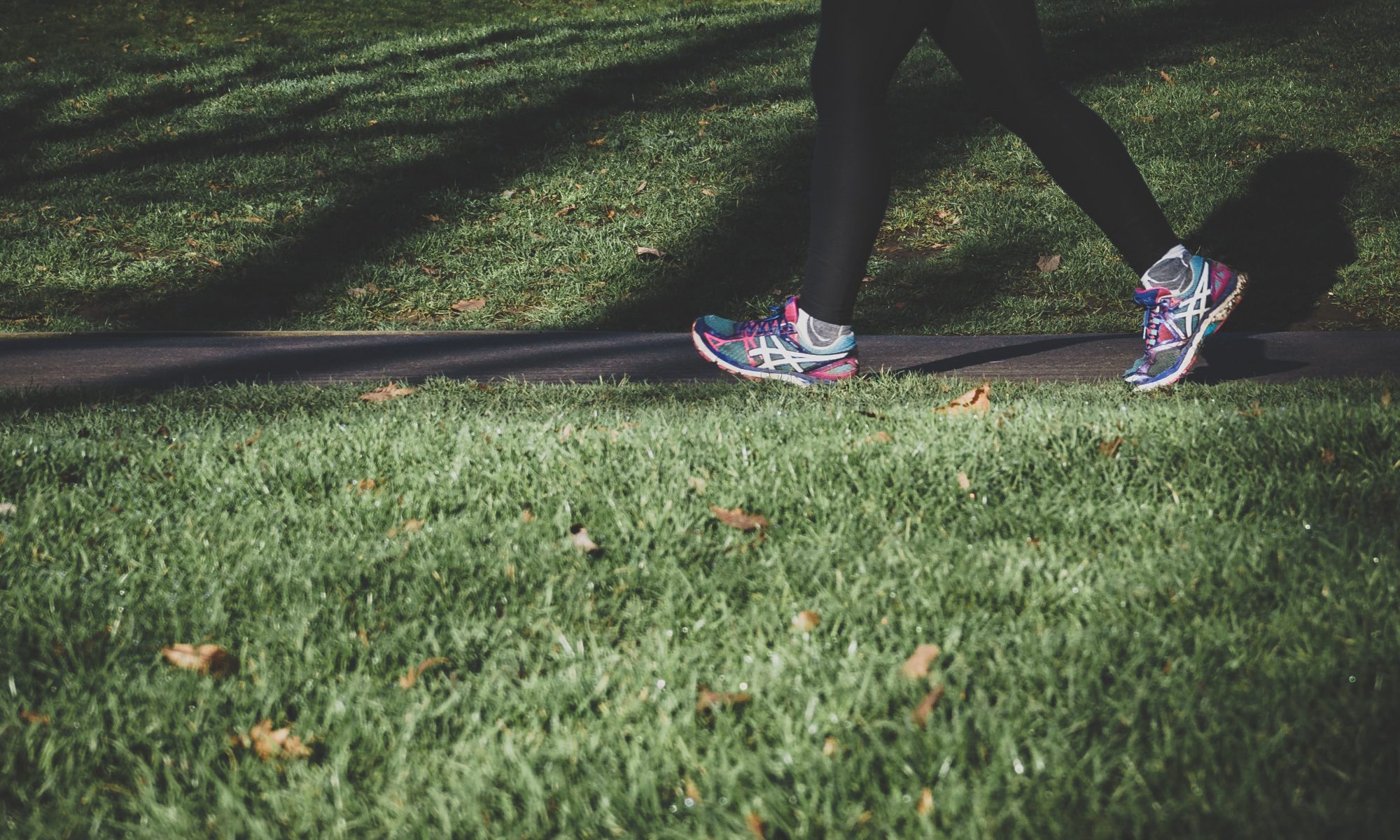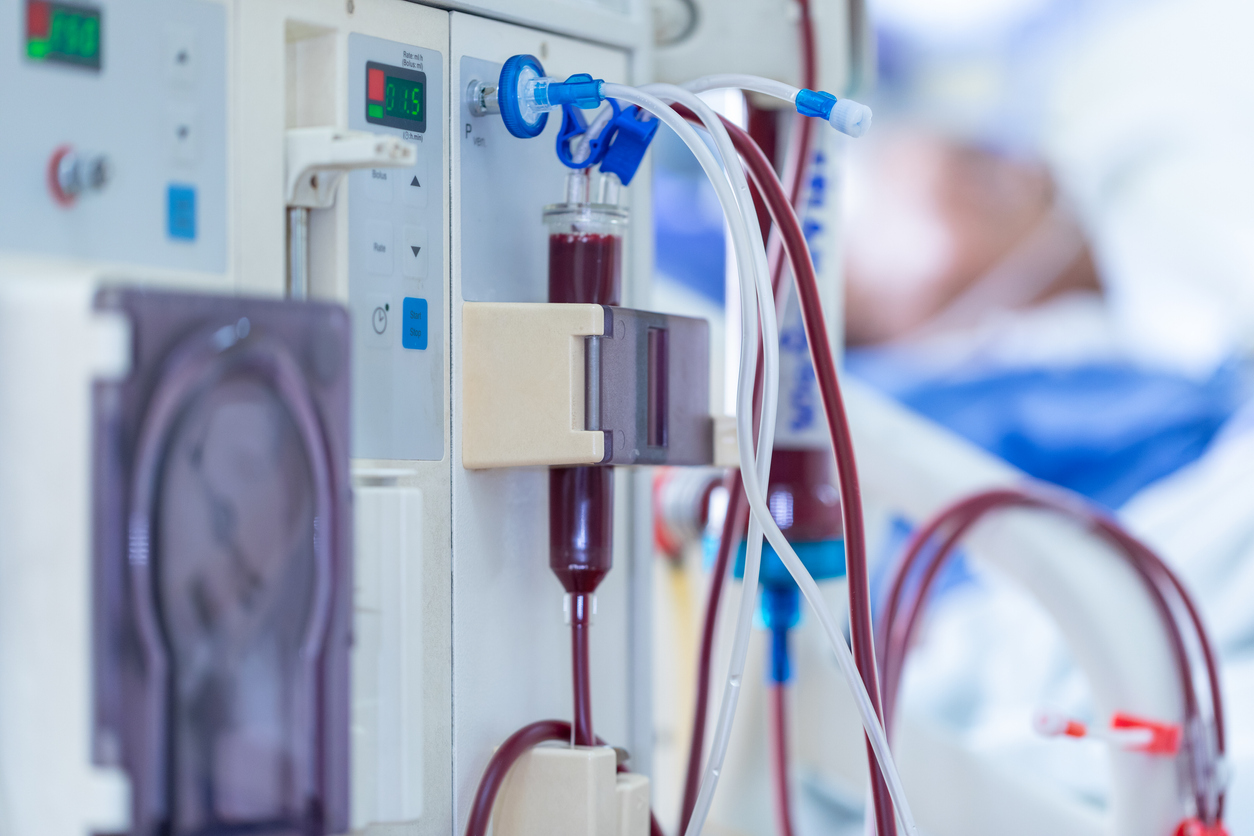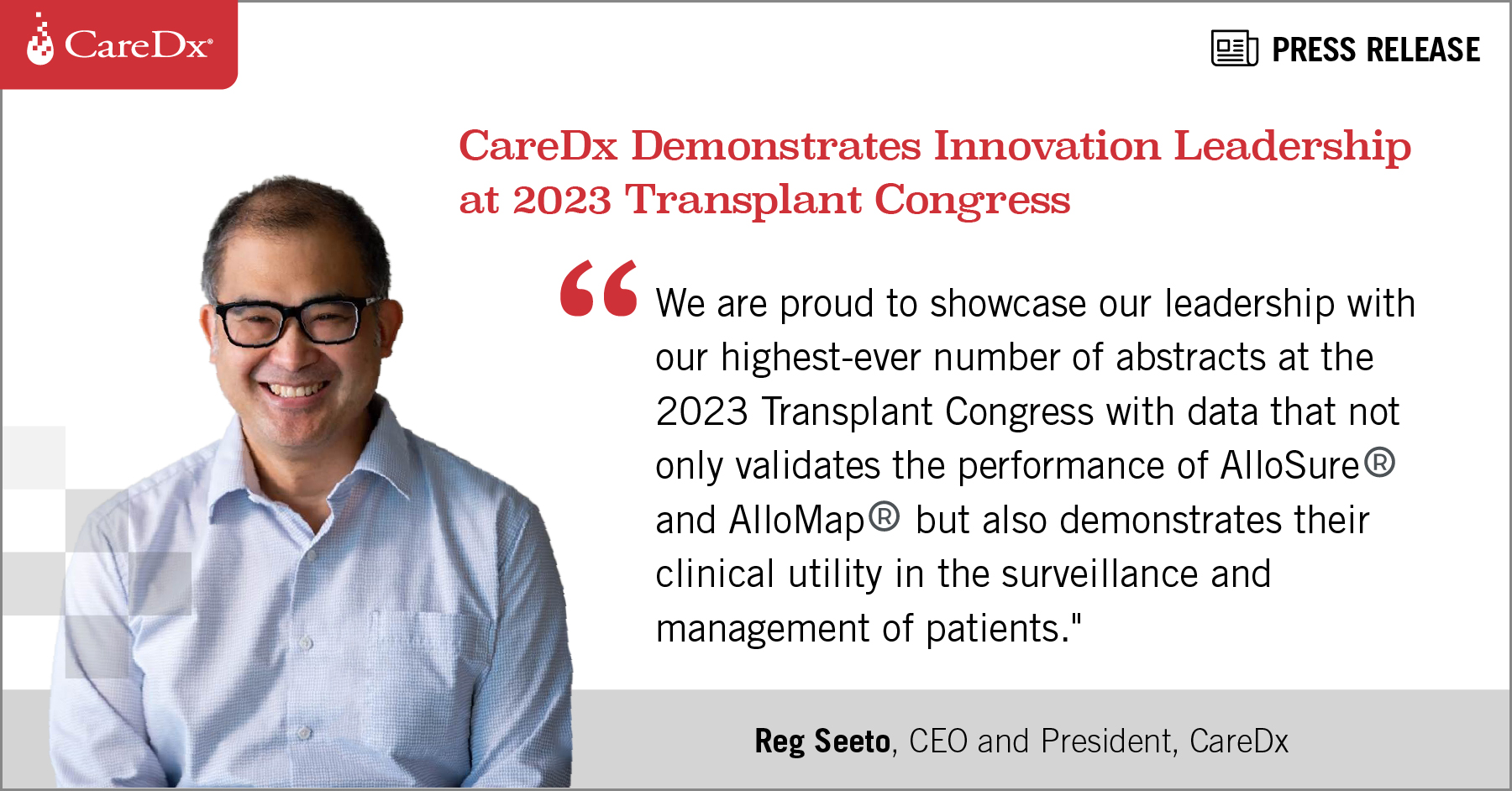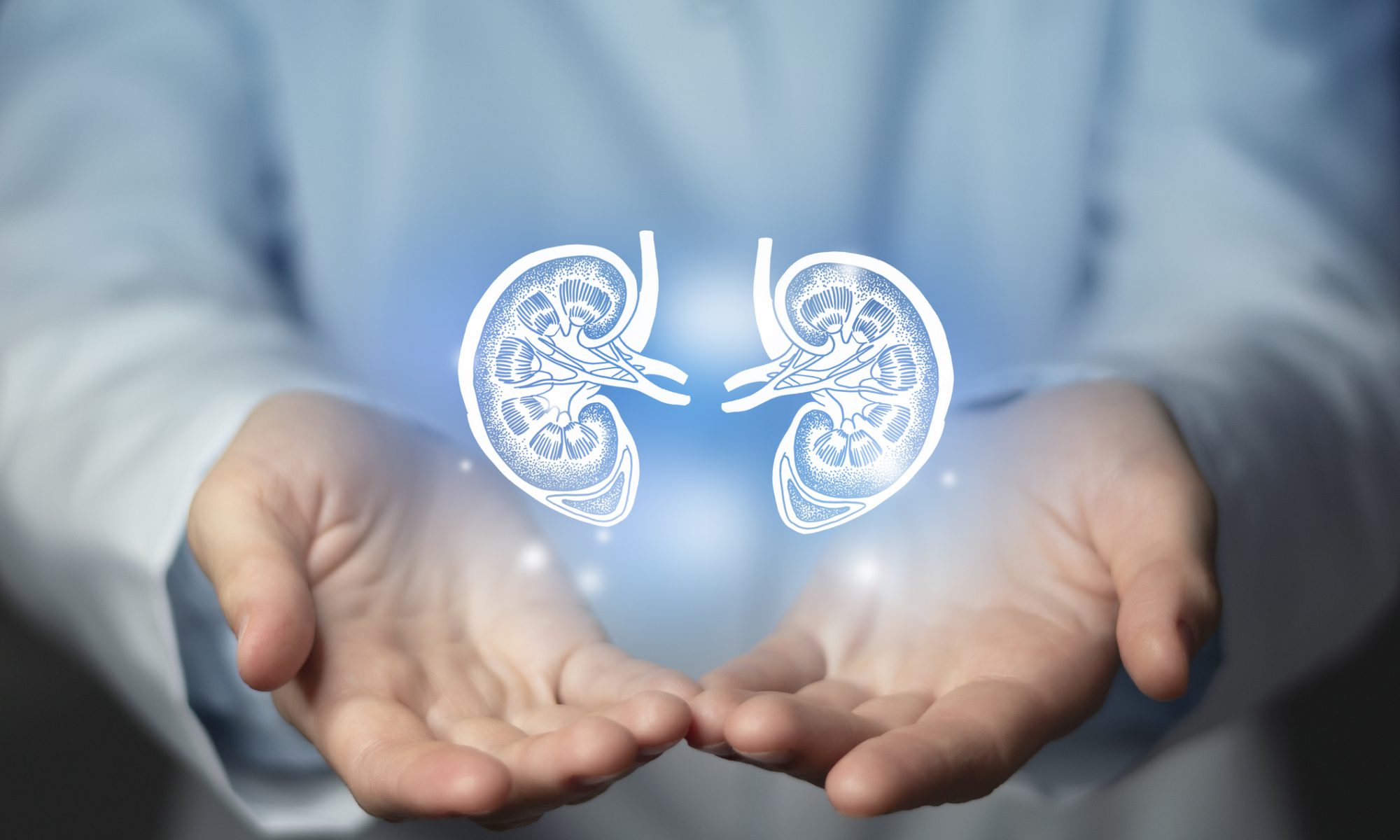Loading
Record Number of 65 Abstracts Showcasing CareDx Innovation Including Data Showing Clinical Utility of AlloSure Kidney to Guide Immunosuppression Management
Experts Review Advancements in Artificial Intelligence and Molecular Diagnostics During CareDx Symposium
BRISBANE, Calif.–(BUSINESS WIRE)– CareDx, Inc. (Nasdaq: CDNA) – The Transplant Company™ focused on the discovery, development, and commercialization of clinically differentiated, high-value healthcare solutions for transplant patients and caregivers – today announced a leading presence at the 2023 American Transplant Congress (ATC) with 65 scientific presentations. CareDx will also be hosting a satellite symposium1 andsponsoring the Women’s Networking Event. The ATC meeting takes place June 3-7 in San Diego, California.
“We are proud to showcase our leadership with our highest-ever number of abstracts at the 2023 Transplant Congress with data that not only validates the performance of AlloSure® and AlloMap® but also demonstrates their clinical utility in the surveillance and management of patients,” said Reg Seeto, CEO and President of CareDx. “We’re also excited to have assembled a world-class panel of experts to describe the latest innovations in transplantation including the additive clinical value of incorporating our molecular biomarkers into artificial intelligence tools to drive earlier insights regarding a patient’s risk of rejection for more personalized, preventative care.”
Read the complete press release on CareDx.com.
Loading









